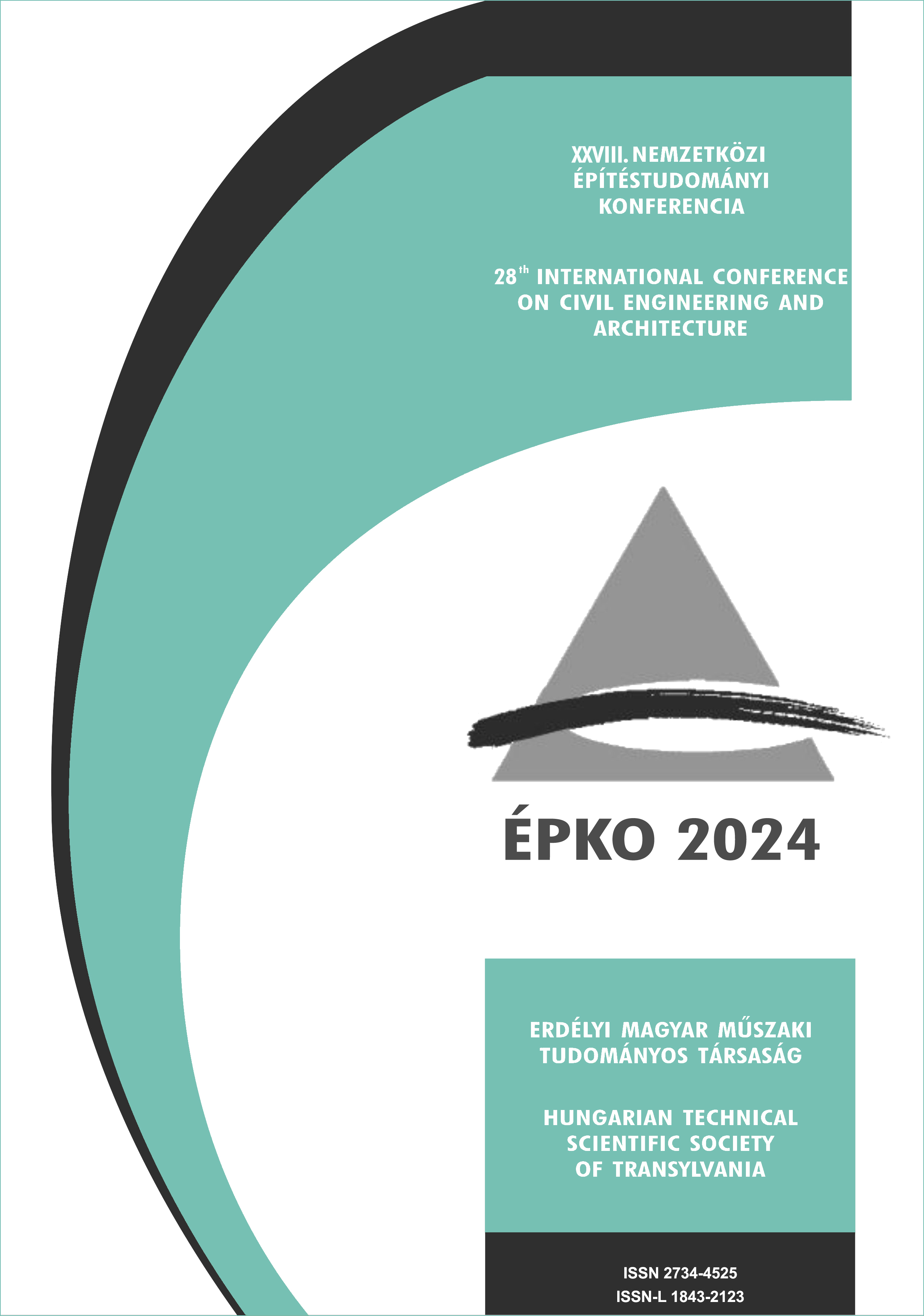Komfortfüggő szellemi teljesítőképesség mérésére szolgáló módszer kidolgozása
Development of a method to measure comfort-related mental performance
Keywords:
mental performance, thermal comfort, controlled environment chamber, /, szellemi teljesítmény, hőkomfort, mérőkamraAbstract
The comfort of the office environment has a profound impact on human mental performance. In our research, we conducted an experiment in a measuring chamber where participants simulated mental work using a self-designed program. The aim of the experiment is to measure how the office environment affects concentration and performance. Participants rated the conditions in the measurement chamber and their own mental performance after the task, which allowed us to analyse the correlations in more depth.
Kivonat
Az irodai környezet komfortja alapvetően befolyásolja az emberi szellemi teljesítményt. Kutatásunk során egy mérőkamrában végeztünk kísérletet, ahol a résztvevők egy saját tervezésű program segítségével szimuláltak szellemi munkát. A kísérlet célja az, hogy kimérjük, hogy hogyan befolyásolja az irodai környezet a koncentrációt és a teljesítményt. A résztvevők a munkavégzés után értékelték a mérőkamra körülményeit és saját szellemi teljesítményüket, ami lehetővé teszi számunkra az összefüggések mélyebb elemzését.
References
Borsos, Á., Zoltán, E. S., Pozsgai, É., Cakó, B., Medvegy, G., & Girán, J. (2021). The comfort map—A possible tool for increasing personal comfort in office workplaces. Buildings, 11(6), 233.
Bondy, K. N. (1994). Assessing cognitive function: a guide to neuropsychological testing. Rehabilitation Nursing, 19(1), 24-30.
Lieberman, H. R. (2007). Cognitive methods for assessing mental energy. Nutritional neuroscience, 10(5-6), 229-242.
Ernst, M., Heishman, S. J., Spurgeon, L., & London, E. D. (2001). Smoking history and nicotine effects on cognitive performance. Neuropsychopharmacology, 25(3), 313-319.
Glade, M. J. (2010). Caffeine—not just a stimulant. Nutrition, 26(10), 932-938.
Alford, C., Cox, H., & Wescott, R. (2001). The effects of red bull energy drink on human performance and mood. Amino acids, 21, 139-150.
Ragsdale, F. R., Gronli, T. D., Batool, N., Haight, N., Mehaffey, A., McMahon, E. C., ... & Wilson, T. (2010). Effect of Red Bull energy drink on cardiovascular and renal function. Amino acids, 38, 1193-1200.
Wyon, D. P. (1996, October). Indoor environmental effects on productivity. In Proceedings of IAQ (Vol. 96, pp. 5-15).


